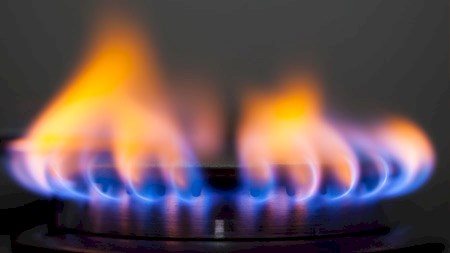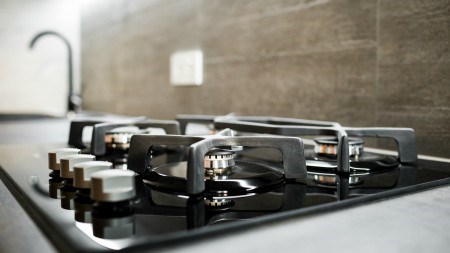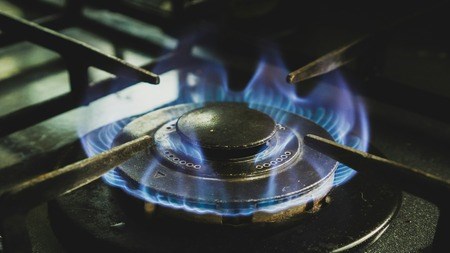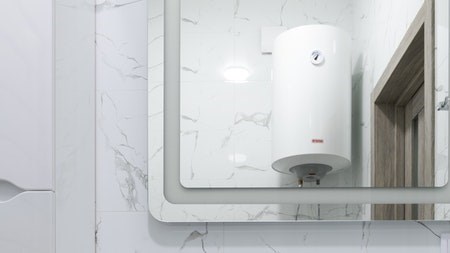The rapidly increasing cost of electricity has resulted in a growth in popularity among many South African home-owners to utilise gas installations in their homes. However, most homeowners are unaware that there are specific regulations that they must comply with when installing gas equipment in their homes to ensure their insurance policy remains valid.
Certificate of Conformity
According to the regulations that were introduced in 2009, all gas installations must have a Certificate of Conformity according to the Pressure Equipment Regulations that have been promulgated under the Occupation Health and Safety Act (No 85 of 1993).While this may sound like a complex, legal document – essentially it is a certificate that states that the installation has been properly inspected and is determined to be safe and leak-free. It is critical that this certificate is also issued by an authorised person who is registered with the Liquefied Petroleum Gas Safety Association of Southern Africa (LPGAS).
According to the regulation, any home-owner who has a liquid gas installation installed in their home must have this certificate, which is usually obtained during the installation phase. However, all home-owners considering gas installations need to know that the onus is on them, the homeowner, to ensure that they have this certificate in their possession, not the installer.
If your home is damaged or destroyed, as a result of a defective gas appliance – and you do not have a valid certificate issued by someone registered with LPGAS – the insurance implications could be significant. An insurance company would be well within their rights to repudiate a claim, which could have severe financial repercussions for the home-owner.
Having the installation inspected and approved is a quick and easy process – provided the installation has been done correctly – much in line with similar requirements for electrical installations, which also requires a certificate of compliance under the Machinery and Occupational Safety Act of 1983.
The types of gas installations that require this certificate include gas fires or braais, gas stoves and ovens, as well as hot water systems. It is vital for all home-owners to realise that such an inspection is not just essential for their insurance policy to remain valid, but even more importantly, that it is conducted to ensure that the installation is safe and their family is not put at risk. If a gas appliance has been incorrectly installed and results in a gas leak this could have major health implications for a family, not to mention the huge danger involved of an explosion.
It is also important for homeowners to know that if they wish to sell their home and they have a gas appliance installed, they are required to obtain the certificate and deliver a copy thereof to the new purchaser.
Regulations for gas installations
Gas bottles may not be installed:
• Less than 1 metre sideways from doors and windows
• Less than 2 metres from drains and air vents
• Less than 3 metres below windows (unless a non-combustible roof is installed)
• Less than 1 metre from the property boundary wall (unless it is a fire wall)
• Less than 5 metres sideways away from a switchable electric point or plug switch;
• Light bulbs cannot be less than 1.5 metres above a gas bottle.
Other gas installation rules:
• Only class 1 or 2 copper pipes, or other approved gas piping, may be used (Note: This is not the same copper piping as used by plumbers)
• Copper pipes going through a wall must be sleeved
• Approved flexible gas hose may not be more than two meters long and may not go through any partition (including wood, dry wall, cupboard wall etc)
LPGAS provides the following useful tips regarding gas safety:
• Always use a registered installer
• Always use a qualified gas dealer
• Always use a verified and tested gas product
• Always check the seal on a cylinder matches the brand of the cylinder
• Always check gas appliances before use
If you suspect your gas appliance is unsafe it is best to turn the appliance off immediately and do not touch it until it has been checked by a registered gas engineer. Open all the doors and windows to air out the room and ensure you have shut off the gas supply at the meter control valve.
To ensure your gas installations are always in top working order ask a registered gas installer to perform an annual maintenance and service check.
For all homeowners with gas installations already installed on their property or if for those planning on doing so in the future it is vital to ensure compliance with all the above regulations not only to ensure you adhere to stipulations within your home owners insurance policy but to also make sure you and your precious family are safe from any gas related disasters.




